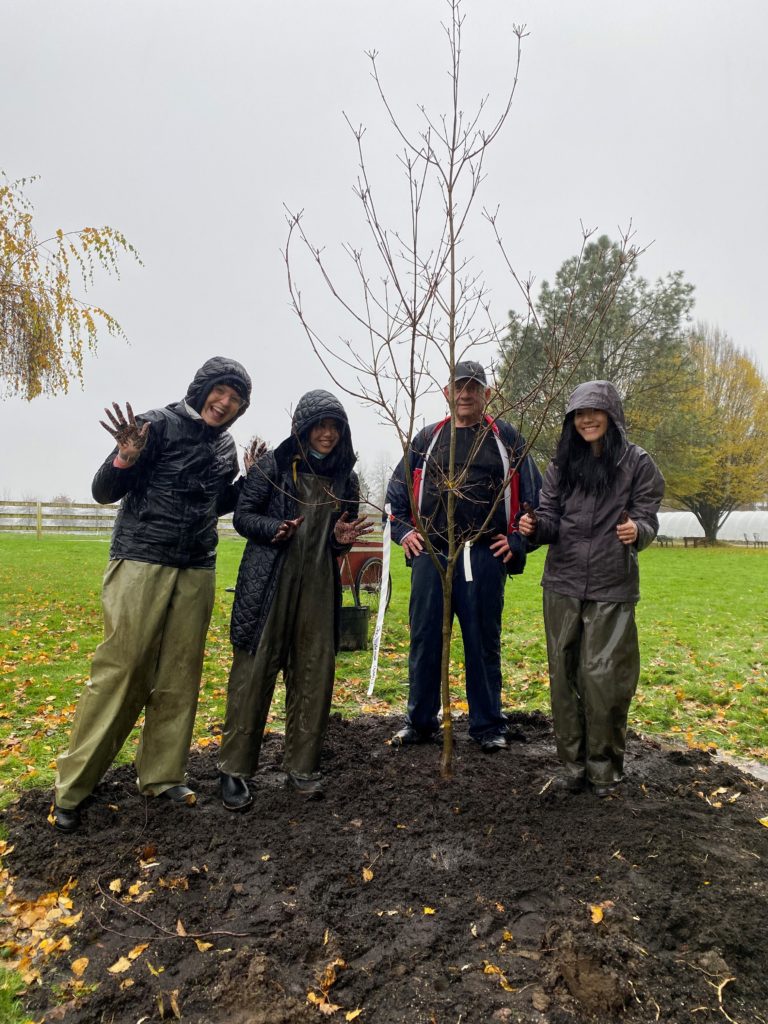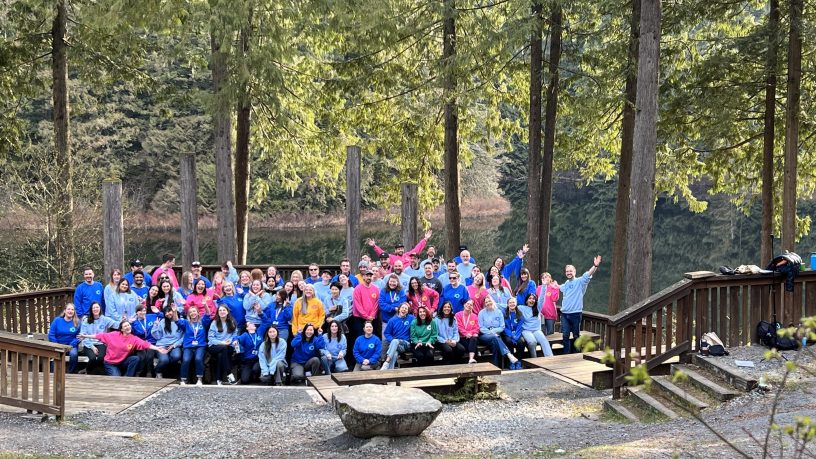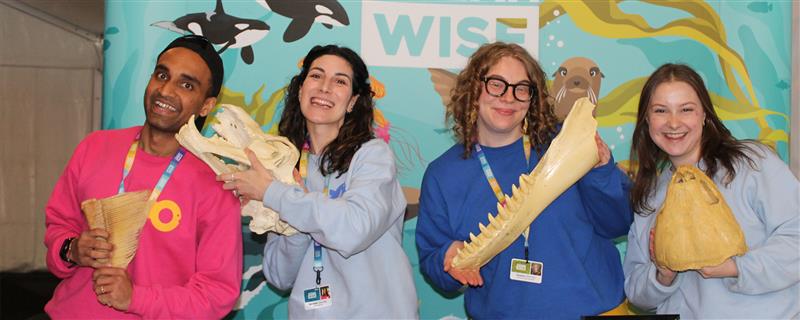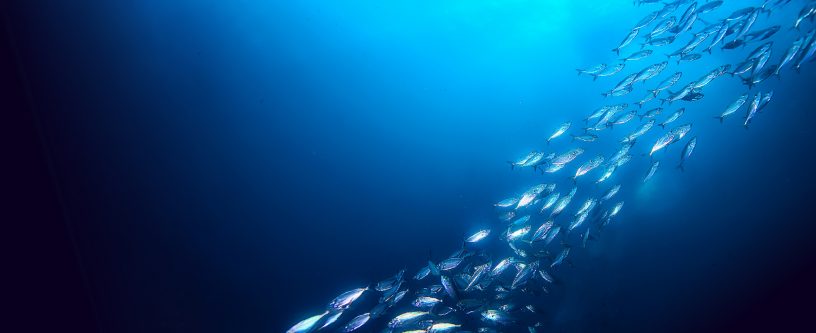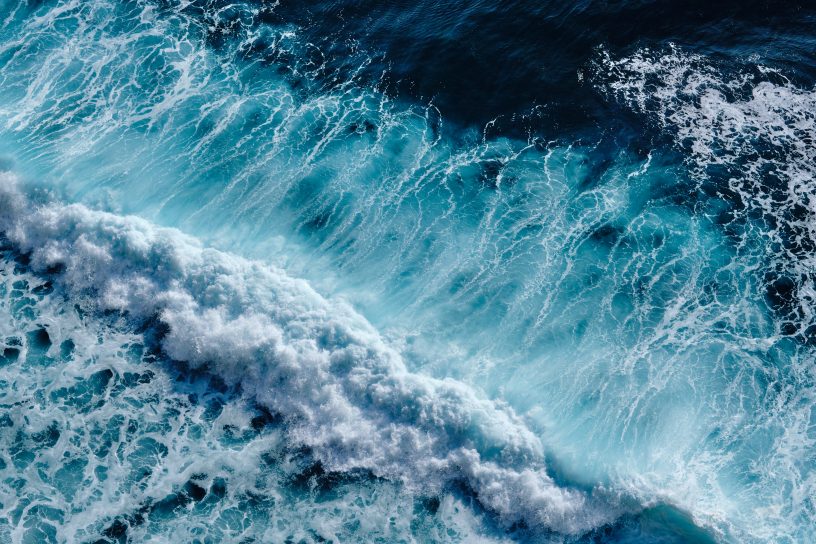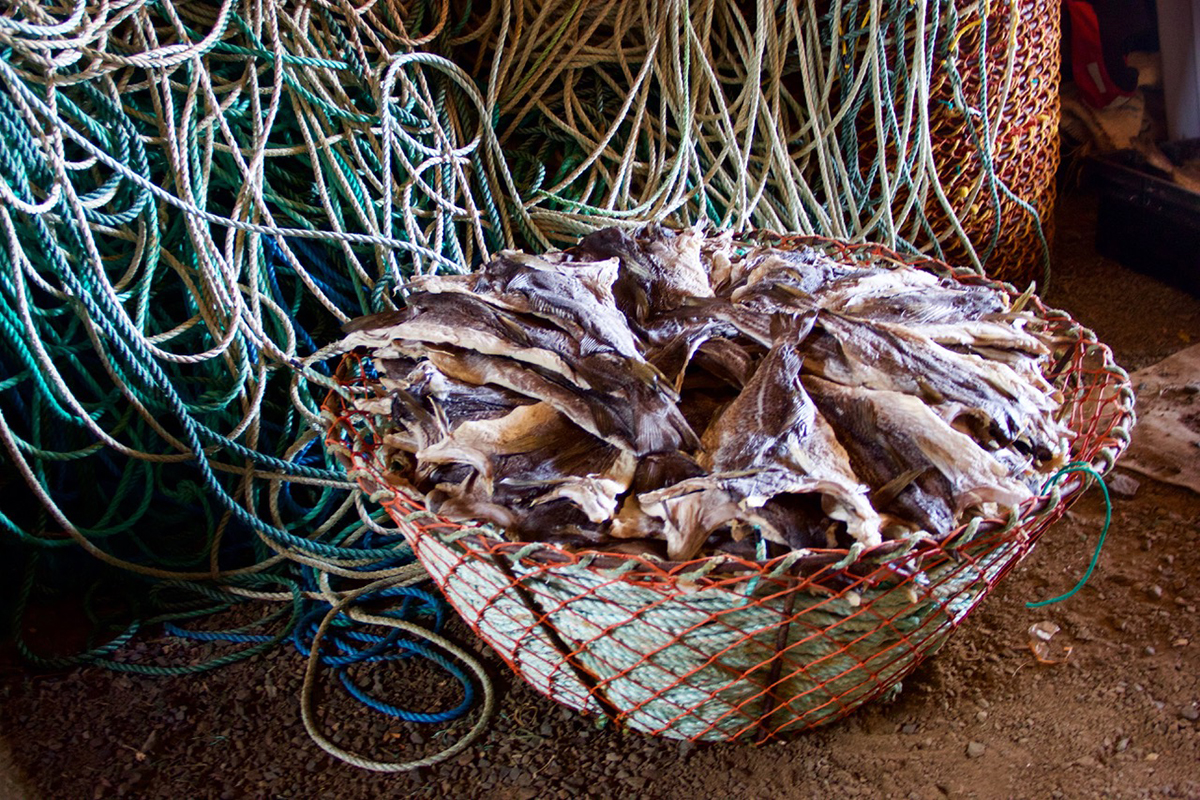
In Cod We Trust
Blog post by Laurenne Schiller, Ocean Wise seafood research analyst and Atlantic Canada coordinator.
Farewell, Newfoundland. No, I’m not being dramatic, it’s an actual place. Although, I admit that the name is a touch misleading. Because beyond Farewell lie the Change Islands. And, beyond those, is Fogo Island—a tiny speck that solidifies the northeastern-most corner of the province. I had made my way from Halifax to Gander and then on up to the ferry at Farewell—a route that only covered about 1,000 kilometres (as the glaucous gull flies). But, by the time I finally made it to Joe Batt’s Arm on Fogo, I could’ve been in Vancouver.
That this was a trip two years in the making only added to the mystery of the place—and my underlying excitement at seeing it. I had been invited to Fogo to get a firsthand look at the cod handline fishery for my work with Ocean Wise Seafood program. But, as with any good fishing story, Mother Nature had other plans. Upon my arrival, winds were strong and steady, whitecaps extended to the horizon, not a single boat was out, and everyone I met conveyed a sigh or look of pity when I told them I was hoping to venture out to sea.
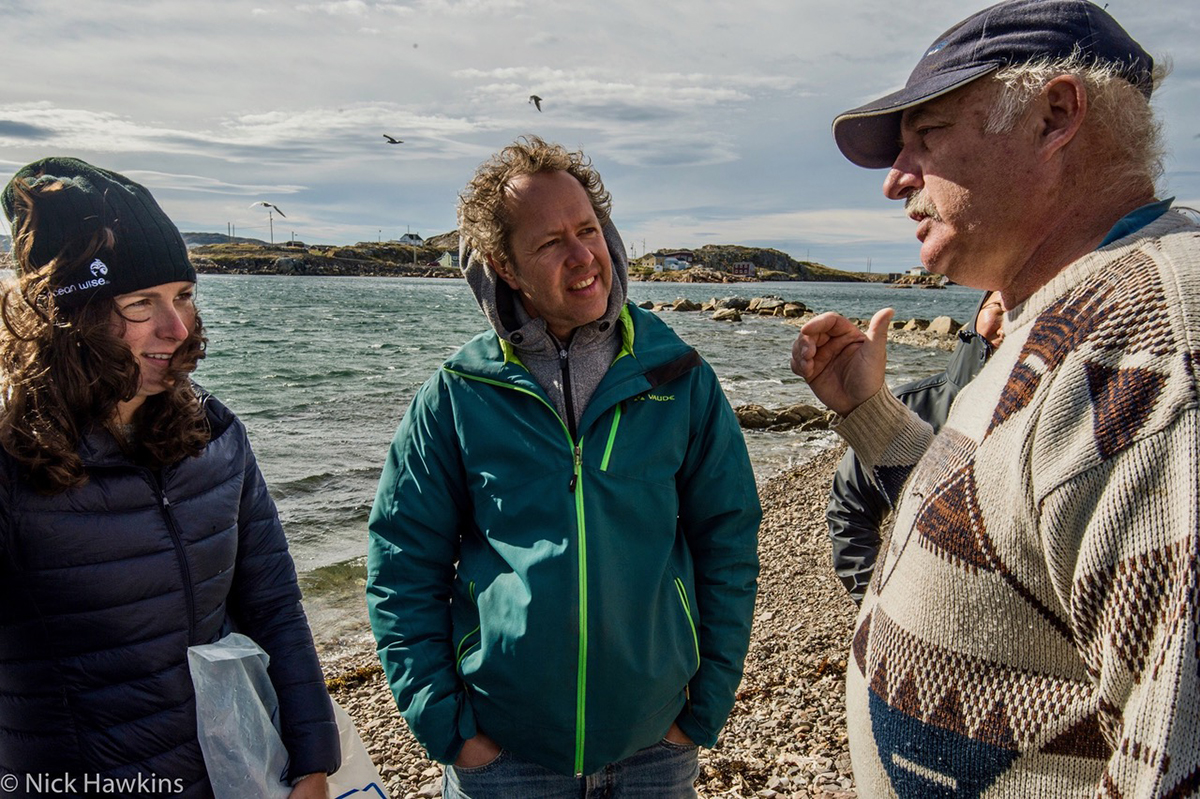
My predicament was fitting, however. Because this is how fishing used to be. Before the factory trawlers and industrial longliners that are now ubiquitous throughout the world’s oceans; before the demand from global markets for new and intriguing species; before the government subsidies that help support many of these unprofitable ventures today. Not even a hundred years ago, boats were small and technology limited so the ability to fish was dependent on the conditions of the sea, and the resulting catch—unless preserved by salting—would spoil if it was transported too far from where it was landed. In this way, weather limited effort and physiology limited distribution. Thus, fisheries were sustainable.
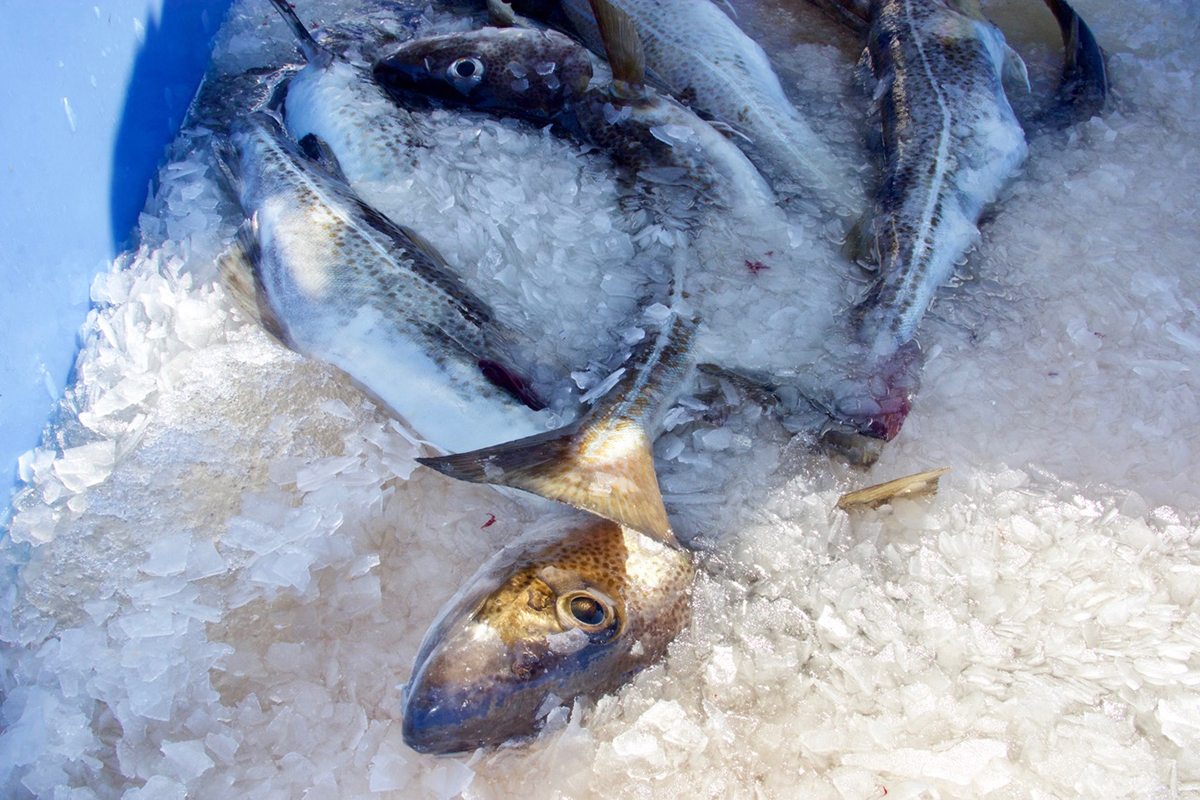
For most fisheries scientists, the case of Canada’s Atlantic cod stocks is the textbook example of overfishing and poor resource management. At their peak in the early 1970s, the offshore industrial fleet (both Canadian and foreign vessels) was landing about 800,000 tonnes of cod annually. This level of mortality combined with unreliable projections of the abundance of these fish resulted in catch quotas that were too high and the subsequent depletion and collapse of this species in 1992. More than two decades later and the northern cod stock is finally recovering. Slowly. And, industrial fishing is still prohibited. This means that cod are now caught by nearshore fishers—mostly in small boats using bottom gillnets, handlines and traps. In order to acquire their catch, fishers have reverted to these more traditional gears—the latter two of which have a very low impact on the surrounding environment.
I wasn’t alone in my interest to learn about this reversion to the ‘old way’. My trip coincided with a visit to the island by Ocean School—an exciting digital education collaborative between Dalhousie University and the National Film Board of Canada—and wildlife photographer Nick Hawkins. All of us were there to see the cod fishery. All of us were firmly planted onshore. Then, on the fourth afternoon, we finally got out to sea. I was blown away by the simplicity of the handlines—aside from the modern material of the line (plastic) the design has remained virtually unchanged since the 1600s. You literally cast it over the side and jig it a bit with your hand. One hook down, one fish up at a time. They have virtually no impact on the seafloor (since you are ideally keeping your hook a couple feet above it) and pretty much no bycatch.
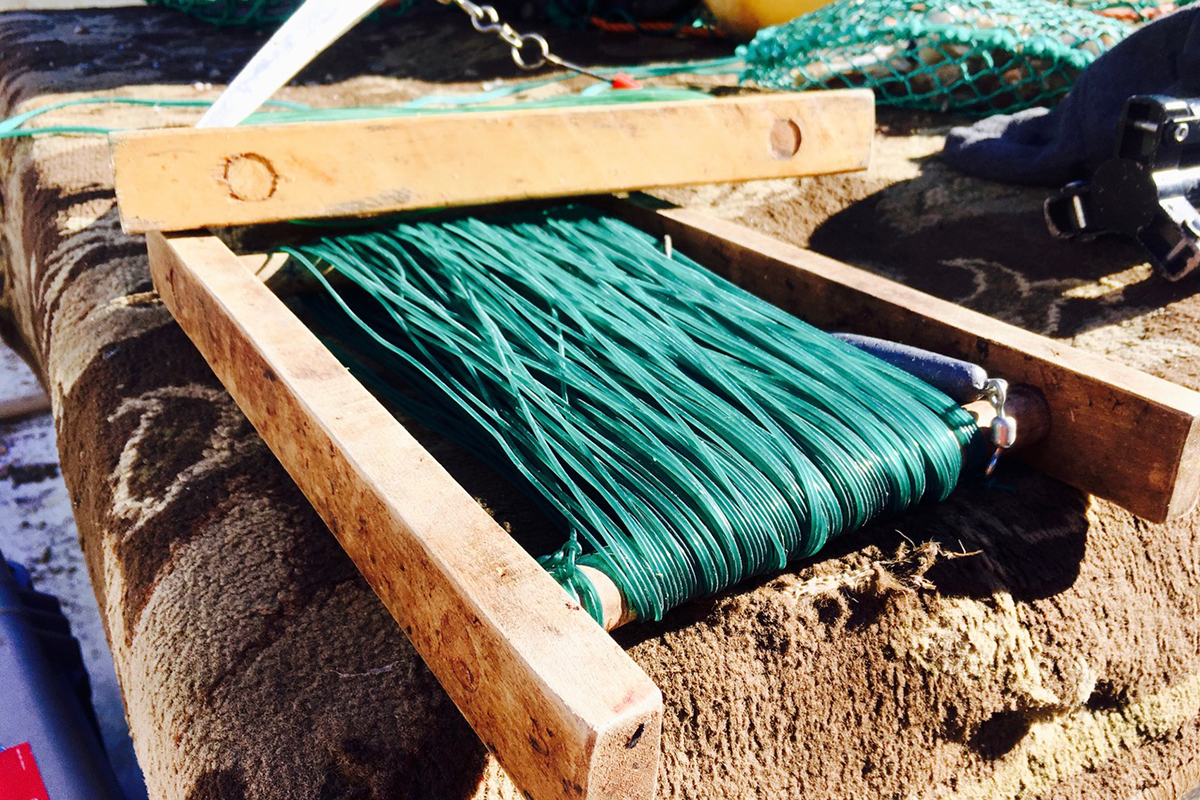
And while I was thrilled to be out on the water, I’m the first to admit that I would make an absolutely horrific fisherman. Not only because I occasionally succumb to sea sickness but mostly because I am pretty certain that the fish sense that I actually don’t want to catch them. And yet, while it’s not my chose profession, I do support the cod fishers of Fogo, and others like them. I believe that if we are cautious, if we acknowledge and remember the past and seek to avoid those mistakes, and if we use low impact gears, then we can have a sustainable cod fishery. It will still take time and smart management decisions. But, my time on Fogo showed me that it is possible. And that vision is the first step.
Overfishing is a major threat to our oceans. With thousands of Ocean Wise seafood partner locations across Canada, Ocean Wise makes it easy for consumers to choose sustainable seafood for the long-term health of our oceans. The Ocean Wise symbol next to a seafood item is our assurance of an ocean-friendly seafood choice. www.ocean.org/seafood
Posted October 30, 2017 by Vancouver Aquarium
